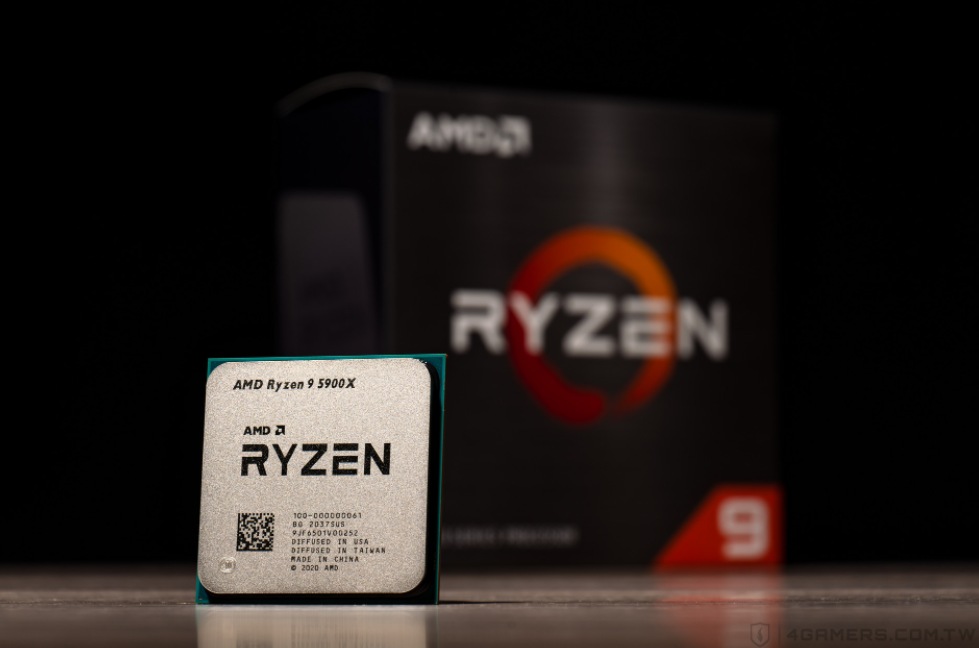3 月 8 日消息,如果你有一台搭载 AMD 处理器的 Windows 10 或 Windows 11 电脑,你可能会感觉你的系统运行时偶尔犯病,而且从网友反馈来看这种情况并不算少。
News on March 8th, if you have a Windows 10 or Windows 11 computer with an AMD processor, you may feel that your system is running occasionally sick, and from the feedback from netizens, this is not a small number.
AMD published an article on its official website detailing the intermittent freezing issues that a system may experience when fTPM is enabled. According to the company, the hangs and freezes are caused by extended memory transactions within the Serial Peripheral Interface (SPI) flash ROM.
AMD says the issue affects AMD Ryzen users' choice for Windows systems, which may intermittently perform ftpm-related extended memory tasks in SPI flash on the motherboard.
Officially, this could cause system interactivity or responsiveness to temporarily suspend until the task is complete.
AMD said that the current fix is to update the motherboard BIOS, and the new BIOS updates and enhances the fTPM-related memory execution module. The problem is that the fix won't be released until early May 2022, and it only applies to AMD AGESA 1207-based and newer motherboards.
To address this, AMD recommends using a hardware TPM device with newer versions of Windows, after all hardware TPM replaces the problematic SPI flash with onboard non-volatile memory (NVRAM).
It is understood that AMD also mentioned this webpage of Microsoft, which may help TPM users, but it does not seem to be a solution to the root cause.
AMD 在其官网发表了一篇文章,详细介绍了在启用 fTPM 时,系统可能会出现的间歇性卡顿问题。据该公司称,挂起和卡顿是由串行外设接口 (SPI) 闪存 ROM 内的扩展内存事务操作导致的。
AMD 表示,这个问题会影响 AMD Ryzen 用户对于 Windows 系统的选择,它可能会间歇性地在主板上的 SPI 闪存中执行与 ftpm 相关的扩展内存任务。
官方指出,这可能导致系统交互性或响应性暂时暂停,直到任务完成。
AMD 称,目前给出的修复方法是更新主板 BIOS,新版 BIOS 对与 fTPM 相关的内存执行模块进行了更新和增强。但问题是,该修复补丁要到 2022 年 5 月初才能发布,而且只适用于基于 AMD AGESA 1207 以及更新的主板。
为了解决这个问题,AMD 建议使用硬件 TPM 设备搭配新版 Windows 系统,毕竟硬件 TPM 是利用板载非易失性存储器 (NVRAM) 取代了有问题的 SPI 闪存。
了解到,AMD 也提到了微软的这个网页,它可能会帮助到 TPM 用户,但似乎也不是什么治本的方案。
Intermittent System Stutter Experienced with fTPM Enabled on Windows® 10 and 11
Open shopping cart
Article Number
PA-410
This documentation provides information on improving intermittent performance stutter(s) on select PCs running Windows® 10 and 11 with Firmware Trusted Platform Module (“fTPM”) enabled.
Issue Description
AMD has determined that select AMD Ryzen™ system configurations may intermittently perform extended fTPM-related memory transactions in SPI flash memory (“SPIROM”) located on the motherboard, which can lead to temporary pauses in system interactivity or responsiveness until the transaction is concluded.
Update and Workaround
Update: Affected PCs will require a motherboard system BIOS (sBIOS) update containing enhanced modules for fTPM interaction with SPIROM. AMD expects that flashable customer sBIOS files to be available starting in early May, 2022. Exact BIOS availability timing for a specific motherboard depends on the testing and integration schedule of your manufacturer. Flashable updates for motherboards will be based on AMD AGESA 1207 (or newer).
Workaround: As an immediate solution, affected customers dependent on fTPM functionality for Trusted Platform Module support may instead use a hardware TPM (“dTPM”) device for trusted computing. Platform dTPM modules utilize onboard non-volatile memory (NVRAM) that supersedes the TPM/SPIROM interaction described in this article.
COMPATIBILITY: Please check with your system or motherboard manufacturer to ensure that your platform supports add-in dTPM modules before attempting or implementing this workaround.
WARNING: If switching an active system from fTPM to dTPM, it is critical that you disable TPM-backed encryption systems (e.g. BitLocker Drive Encryption) and/or back up vital system data prior to switching TPM devices. You must have full administrative access to the system, or explicit support from your IT administrator if the system is managed. For more information on transferring ownership to a new TPM device, please visit this Microsoft webpage.
在BIOS里禁用fTPM具体操作方法是:
